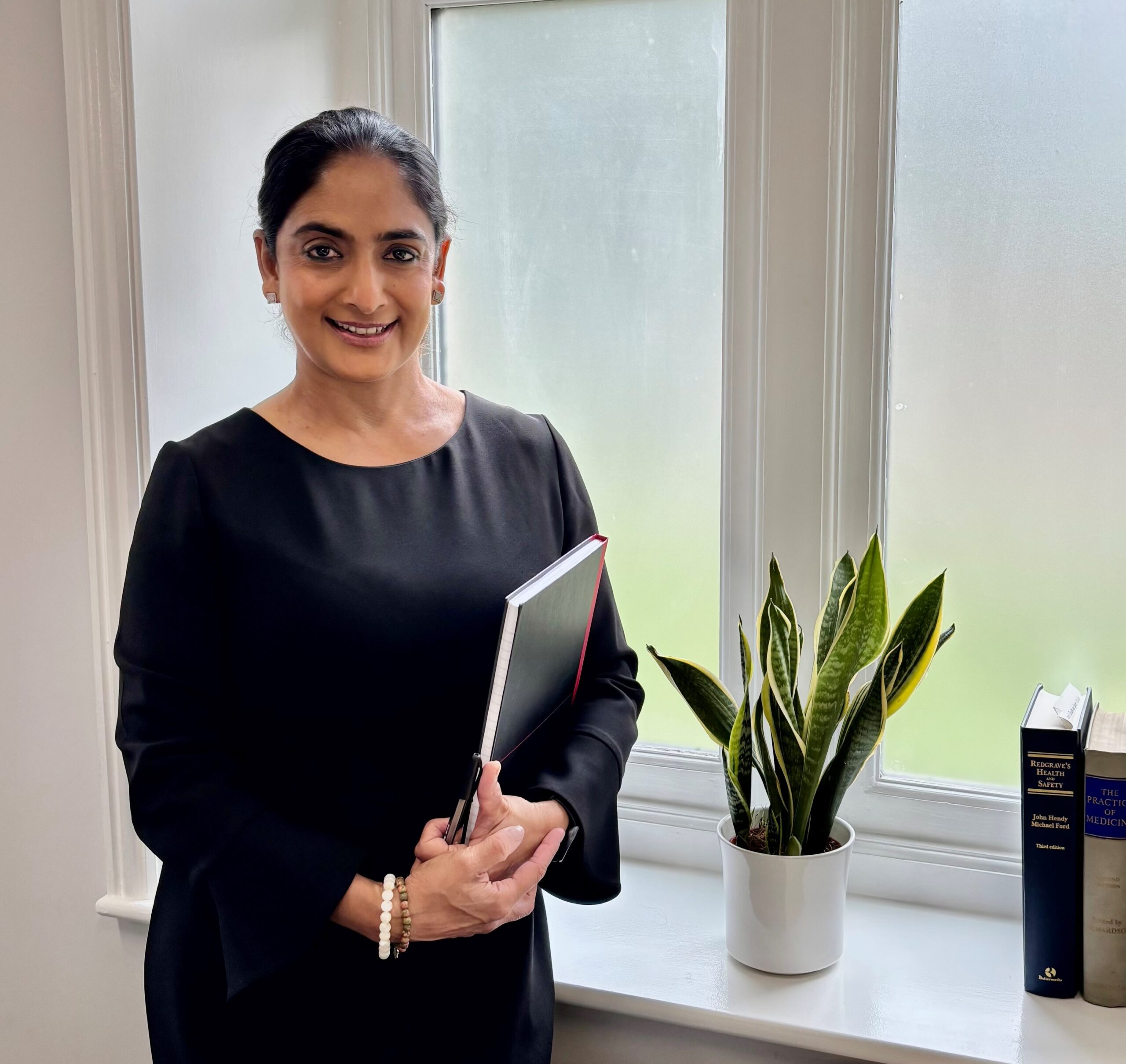New Lead Coroner for Diversity and Inclusion
Introducing the new Lead Coroner for Diversity and Inclusion, Nadia Persaud
I am honoured to have been appointed by the Chief Coroner as the Lead Coroner for Diversity and Inclusion. This is the first time that a Lead Coroner for Diversity and Inclusion has been appointed within the Coroners Service for England and Wales, so the role itself is still under development.
Currently, my role includes working alongside other judges with a diversity and inclusion portfolio. I sit on the Judicial Diversity Committee which is chaired by Lady Justice Whipple. It has been inspiring to learn about the committee’s ongoing work and it is a pleasure to work with such a welcoming and committed group of judges.

Coroners are to be included, for the first time, within the Judicial Diversity and Inclusion Strategy (2026-2030). Part of my role is to make sure that coroners’ views are heard as part of the consultation process, and where applicable, captured within the new strategy.
Coroners have a unique position within the judiciary. We are not funded by the Ministry of Justice and do not come under the umbrella of HM Courts and Tribunal Service.
Local authorities have the statutory duty to fund coroners’ courts. Coroners are appointed (albeit not employed), by local authorities, with consent required from both the Chief Coroner and Lord Chancellor. Appointment data is not captured by a single equivalent body to the Judicial Appointments Commission – but instead held by multiple local authorities across England and Wales. This makes the capture of data exceptionally challenging and raises the importance of coroners completing their diversity data.
Whilst coroners will have the same diversity and inclusion aims and objectives as the wider judiciary, implementation is likely to be somewhat different. During my tenure, my task will be to collect the necessary data from which we can identify our specific priority areas. I will then consider, together with the Chief Coroner’s office, a tailored operational plan for coroners to enable delivery of the overarching judicial strategy.
The work of a coroner is demanding, stressful, and relentless, but at the same time incredibly rewarding. This was reflected in the 2024 Judicial Attitude Survey where coroners very strongly held the view that they provide an important service to society and felt a strong personal attachment to their work. However coroners also reported the highest stress levels within the judiciary. Concerningly, coroners also recorded high levels of exclusion and bullying. Another important task for me will be to highlight the importance of the Statement of Expected Behaviour and to ensure that all coroners know how to, and feel empowered to, seek support.
I am excited to take this work forward and I am grateful for the opportunity to share the work that I am doing through the publication of this article.
About me, and what inspired my judicial career
I qualified as a solicitor in 1995. From qualification, I specialised in medical law, representing healthcare organisations in medical negligence claims and at inquest hearings.
From around 2004 I moved into pure medical law which involved representing NHS Trusts at inquest hearings, in judicial review proceedings (human rights and allocation of resource type challenges), and representing NHS bodies in best interest proceedings within the Court of Protection. Although most of my work was advocacy based, I also undertook some healthcare advisory work which included advising NHS bodies of their duties under the Equalities legislation.
I became a Partner in medical law in 2008. I headed up the inquests team for a national law firm. In that same year, I met Her Honour Frances Kirkham during a wonderful trip to Bhutan. I spent a good deal of time with her, and she encouraged me to consider a judicial career.
As an Indo-Guyanese solicitor who had attended a comprehensive state school up to the age of 16, I had not given this any thought before. I hadn’t pictured myself as a judge. Her Honour Kirkham’s support and encouragement gave me the confidence to apply for my first coronial post. In 2009 I was appointed as an assistant coroner in East London. In 2013 I was appointed as the senior coroner for East London, and I am now sitting as the area coroner in the same jurisdiction.
I have enjoyed every stage of my legal career but sitting as a coroner brings with it a job satisfaction that is completely unrivalled. I will always be grateful to Her Honour Frances Kirkham for her inspiration and encouragement.
Hopefully, through the work in my new role I will be able to continue the good work of Her Honour Frances Kirkham and encourage a diverse range of talented young lawyers to aspire to a career in the judiciary.
